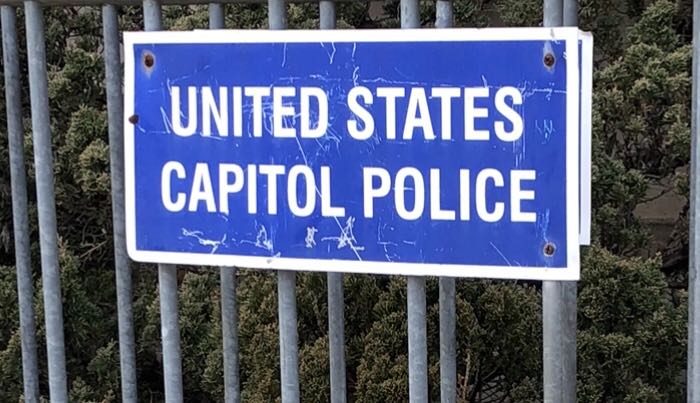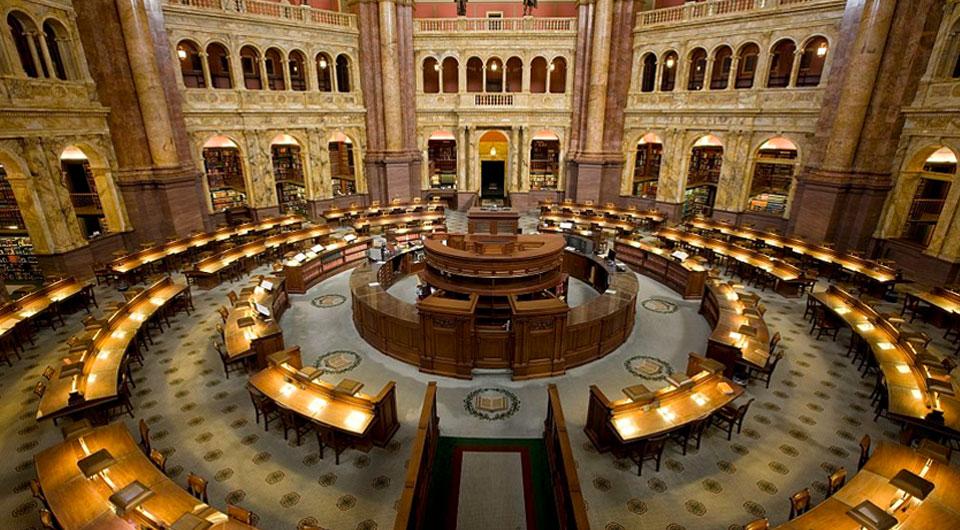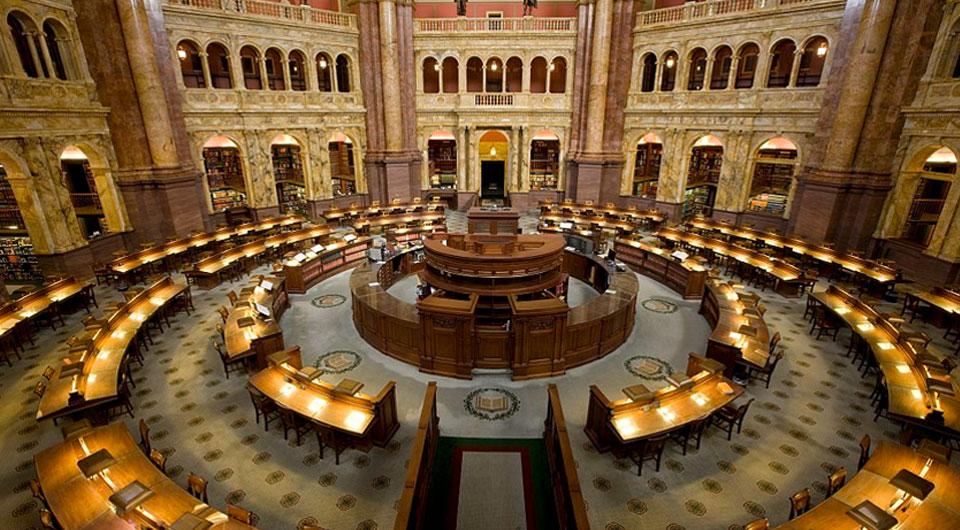Written by Amelia Strauss, Amelia@DemandProgress.org
Research and Editing Contributions by Daniel Schuman & Taylor J. Swift

Download this report as a PDF here. Download the underlying data as a CSV here.
Introduction
Congress has a security-force-police-department hybrid, the U.S. Capitol Police (USCP), tasked with the critical mission of protecting the Congress—Members, employees, and visitors—so constitutionally mandated business can be carried out in a safe and open environment. The department mitigates threats against Members of Congress, which the House Sergeant at Arms says have increased three-fold in recent years, with some cases resulting in criminal charges [1]. Additionally, USCP evaluates millions of Capitol campus visitors each year, screening more than 10 million visitors in 2018 alone.
The department has 2,300 employees and a budget of over $460 million to protect its extended jurisdiction of almost two-square-miles. That’s enough staff to rival the Atlanta Police Department, and its budget eclipses spending levels of police departments in cities like Austin, Texas and Detroit, Michigan.
USCP absorbs almost 10% of Congress’ (already limited) funding, a percentage that has dramatically increased over the last decade. Does USCP use that money and manpower efficiently and effectively? The short answer is, we don’t know.


